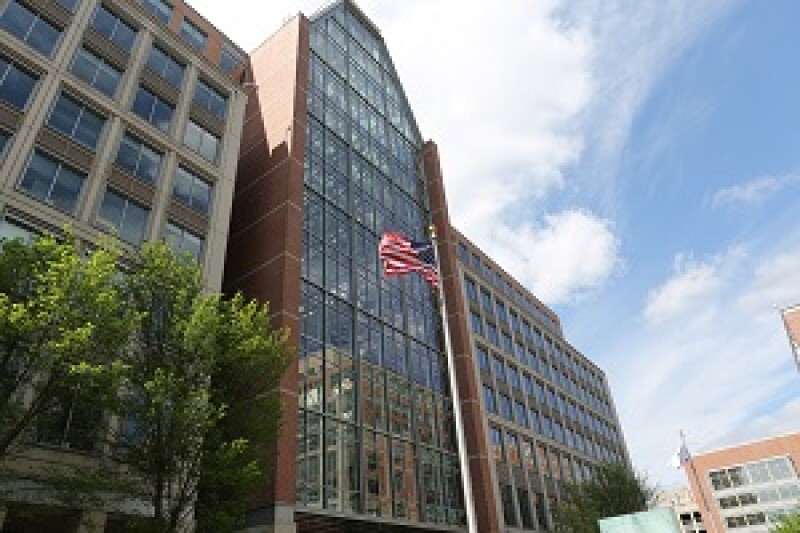
The new rules were announced on July 2 and will come into force on August 3.
According to the USPTO, the rules will help safeguard the "accuracy and integrity" of its trademark register.
It also pointed out that other trademark offices require foreign-domiciled applicants to use local representation for filing.
“Many other countries worldwide have had this requirement for decades,” said USPTO commissioner for trademarks, Mary Boney Denison, in a press release.
The office has published guidance notes on who will be classed as 'foreign-domiciled', the information a US attorney/lawyer must provide to satisfy the new rules, and the position of Canadian patent and trademark attorneys/agents. The guidance notes and likely questions concerning the rules can be found here.
The USPTO also addressed some concerns, such as the costs of appointing a US attorney and Madrid System applications, highlighted during the consultation period (see the official rule document published in the Federal Register).
Previous Managing IP coverage on this issue can be found here and here.











